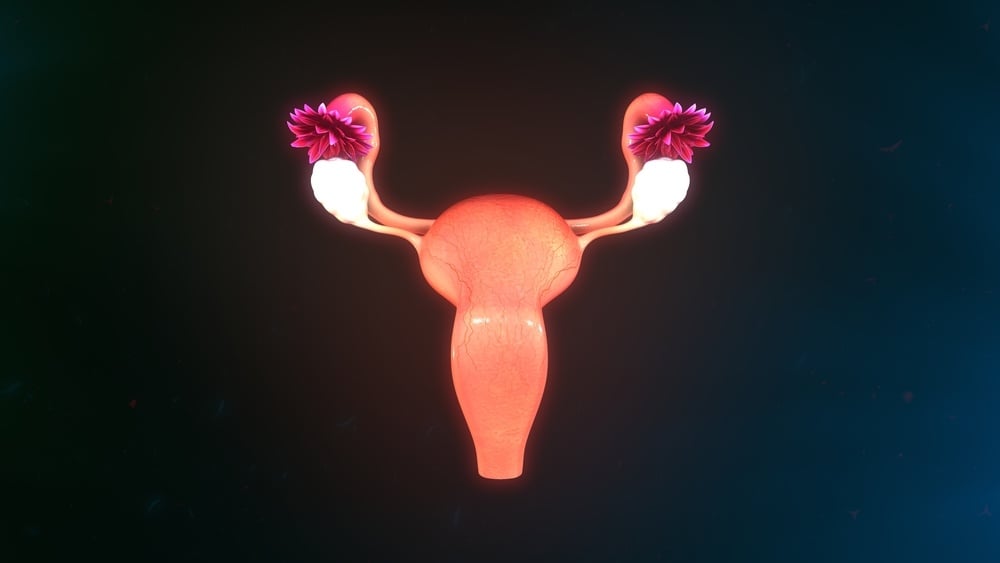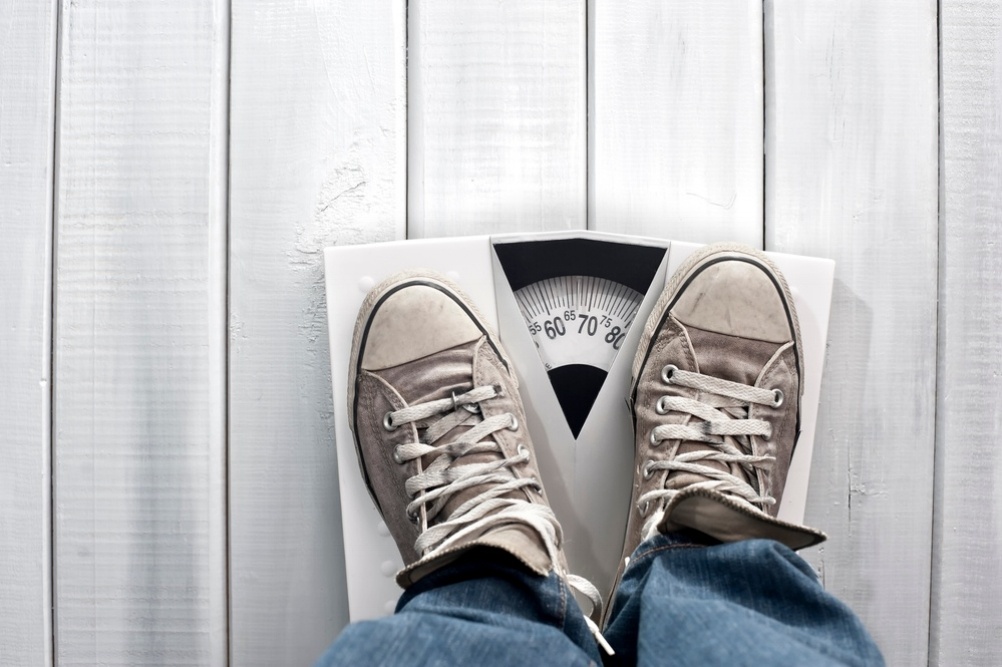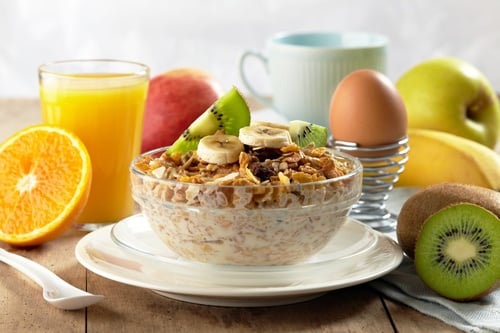Women with Type-1 diabetes face unique challenges when it comes to conception—but the challenges are not insurmountable. You may have tried time and time again to get pregnant without success.[1] You may also have lost pregnancies. We want to let you know that with proper planning and the latest medical technology, there is reason to hope for success in delivering a healthy baby.
6 Questions Women with Diabetes Ask About Conception
CBD and Fertility
The legal status of marijuana is complex and varies by state. Federally, it’s still illegal but in 2015 the FDA approved research on CBD. Currently, CBD is regulated as a supplement which makes it relatively easy to obtain (easier than Marijuana) but makes it medically more ambiguous as supplements don’t have strict regulations about concentration, dosage, etc. As CBD becomes more widely acceptable and researched, more and more are looking to it as a viable fertility supplement.
So much is still unknown at this point. More research needs to be done. But here’s what we’ve learned so far about how CBD impacts fertility.
What to Ask Your Doctor If You're Considering Egg Freezing
You’ve done the pondering, the research, and the preliminary math. You don’t want kids right now, but you do want them some day. You know that freezing your eggs while you’re young is a way to help keep your options open when you’re older. So how do you decide if egg freezing is right for you or whether you’re even a good candidate? What’s the next step?
How to Improve Egg Quality for Pregnancy or IVF
Egg quality is one of the most important factors in whether a woman is able to conceive, but it is a topic that many never think about until they are already struggling to get pregnant. Poor egg quality is caused by diminished ovarian reserve and is one of the most common causes of infertility, especially in women over 35.
How to Improve Your Uterine Lining to Prepare for IVF
The lining of a woman’s uterus, also called the endometrium, is where a developing embryo implants in the first days of a pregnancy. For women undergoing IVF, the thickness of this lining is very important. The fertility doctor will measure the thickness of the lining before the embryo transfer, to ensure that it is sufficiently thick to allow for implantation. A thick, receptive, nourishing uterine lining is the best possible environment for the embryo, and the ideal lining is at least 7 to 8mm thick and displays a “trilaminar” (or “three layered”) appearance on an ultrasound.
Fertility Yoga: How to Reduce Stress While Trying to Conceive
Chances are you have felt lost, uncertain, and extremely pained at some point in your life. Your feelings stemming from events that may have felt out of your control. A sense of powerlessness paired with unanswered questions creeping in as you work to cope with your life altered. The overwhelming sensation of “I don’t want this” and “why me?” consuming your mind and flowing throughout your body. Every part of you wishes for it to stop, go away, be different.
Can Proper Nutrition Improve Fertility in Women with PCOS?
Ovulation issues are a frequent cause of infertility. And polycystic ovarian syndrome (PCOS) is often the part of the reason for the ovulation issue. In fact, 10%-15% of women seeing fertility specialists have PCOS.
Male Infertility: Can Body Weight Affect Fertility Rates?
In the past, problems relating to women’s infertility have received more attention than the issues that contribute to men’s infertility, but the tide is turning. Fertility specialists now know that up to a third of couples who seek help conceiving deal with male-factor infertility, and today researchers are investigating how a man’s lifestyle may affect his fertility. One area that has begun to attract notice is weight gain and obesity. The links between female obesity and infertility are well established, but recent studies have suggested that a prospective father’s weight may also have a significant impact on a couple’s ability to conceive.
Should I Restrict Exercise During IVF?
Good health and physical fitness are natural assets for any woman undergoing In Vitro Fertilization (IVF) treatment. Studies have shown that a healthy BMI has a positive effect on IVF success. When you are doing everything you can in your quest to have a baby, you want to maximize your chances, so it’s natural to wonder if exercise should be a part of your IVF routine. You may be surprised to learn that the answer is not an unqualified yes. Consulting with your doctor is the best way to determine what level of activity you should pursue during your cycle, but current research suggests that patients going through IVF should keep their exercise habits in a low-impact zone.
IVF Diet: Nutritional Guidelines for Your Fertility Treatment
Can what you eat affect your fertility? There is no such thing as a medically proven “fertility diet,” but you can help to lay the groundwork for a healthy pregnancy by paying close attention to your nutrition. Studies have shown that physical fitness can make a difference in IVF outcomes. Both obesity and a too-low body weight can have adverse effects on your fertility and may reduce the success of IVF cycles. While there are many circumstances which can contribute to body weight and health, a good diet is an excellent first step. If you are already at a healthy weight, paying attention to your diet can ensure that you’re getting all of the vital nutrients you need to carry a pregnancy. It is also an exceptional way to offer yourself some care and nurturing as you go through a process which can be emotionally and physically demanding.














